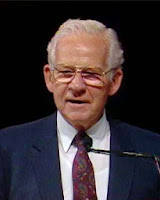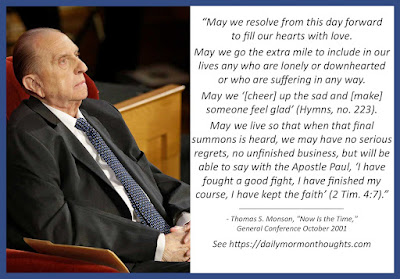"The General Authorities and General Officers of the Church who speak will focus their messages on our Savior, Jesus Christ, His mercy, and His infinite redeeming power. There has never been a time in the history of the world when knowledge of our Savior is more personally vital and relevant to every human soul. Imagine how quickly the devastating conflicts throughout the world—and those in our individual lives—would be resolved if we all chose to follow Jesus Christ and heed His teachings."In that spirit, I invite you to listen for three things during this conference: pure truth, the pure doctrine of Christ, and pure revelation...."Please make this conference a time of feasting on messages from the Lord through His servants. Learn how to apply them in your life."- Russell M. Nelson, "Pure Truth, Pure Doctrine, and Pure Revelation," General Conference, October 2021, Saturday morningClick here to read or listen to the full talk
This was a powerful opening message for the recent conference. President Nelson acknowledged some of the challenges of our day, but focused on the opportunity to be fed and inspired through the messages to be offered in the conference sessions. In times of great need, the "knowledge of our Savior" is the most vital and critical message needed by God's children:
President Nelson's invitation set the tone for the conference, and is a great focus for our lives: seek for pure truth, the pure doctrine of Christ, and pure revelation.




































